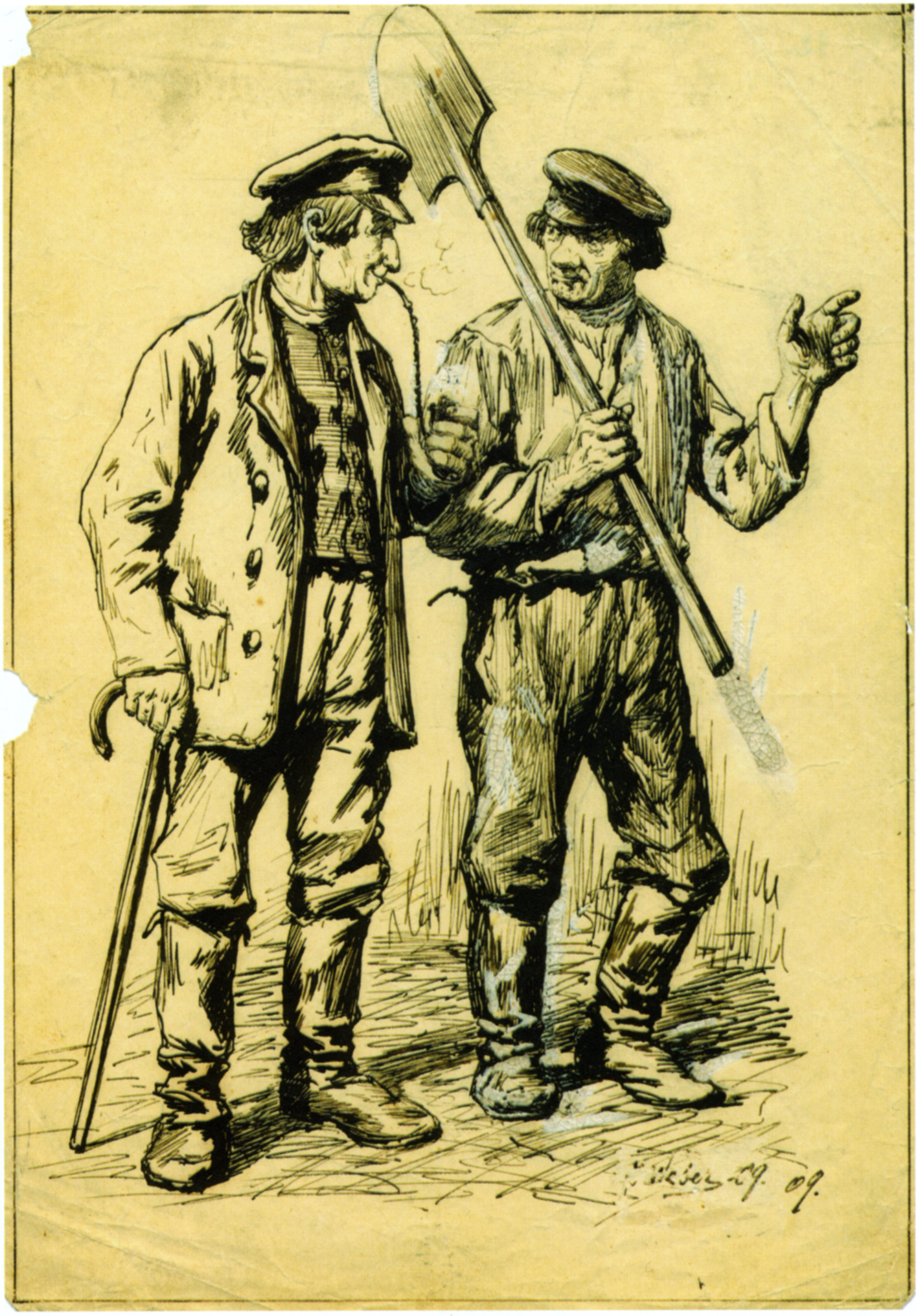At the invitation of Catherine the Great, 30,623 colonists primarily from the southwestern areas of present day Germany founded 106 colonies along the unsettled Russian steppe near the banks of the Volga between 1763 and 1772. Some had originally settled in Schleswig-Holstein (then ruled by Denmark) between 1759 and 1762, but joined the migration to Russia when it began in 1763. These original Volga German colonists were joined in 1812 by 181 mostly German soldiers who had been a part of Napoleon's Army when it invaded Russia.
A census of Russia taken in 1897 enumerated 1,790,439 ethnic Germans living in Russia. Not all of them were Volga Germans.

These pioneers shared a rich life based in German culture, language, traditions, and religion and influenced by their Russian neighbors and environment. Today, those born on the Volga and their descendants are scattered in many parts of the world including Canada, the United States, Germany, Argentina, Brazil and South Africa, as well as those who remain in European Russia, Kazakhstan, and Siberia.
Germans from Russia: Wolgaheimat Legacy (YouTube - English)
The Germans From Russia: Children Of The Steppe Children Of The Prairie (YouTube)
Die Geschichte der Russlandeutschen - The History of the Russian Germans (YouTube - German)